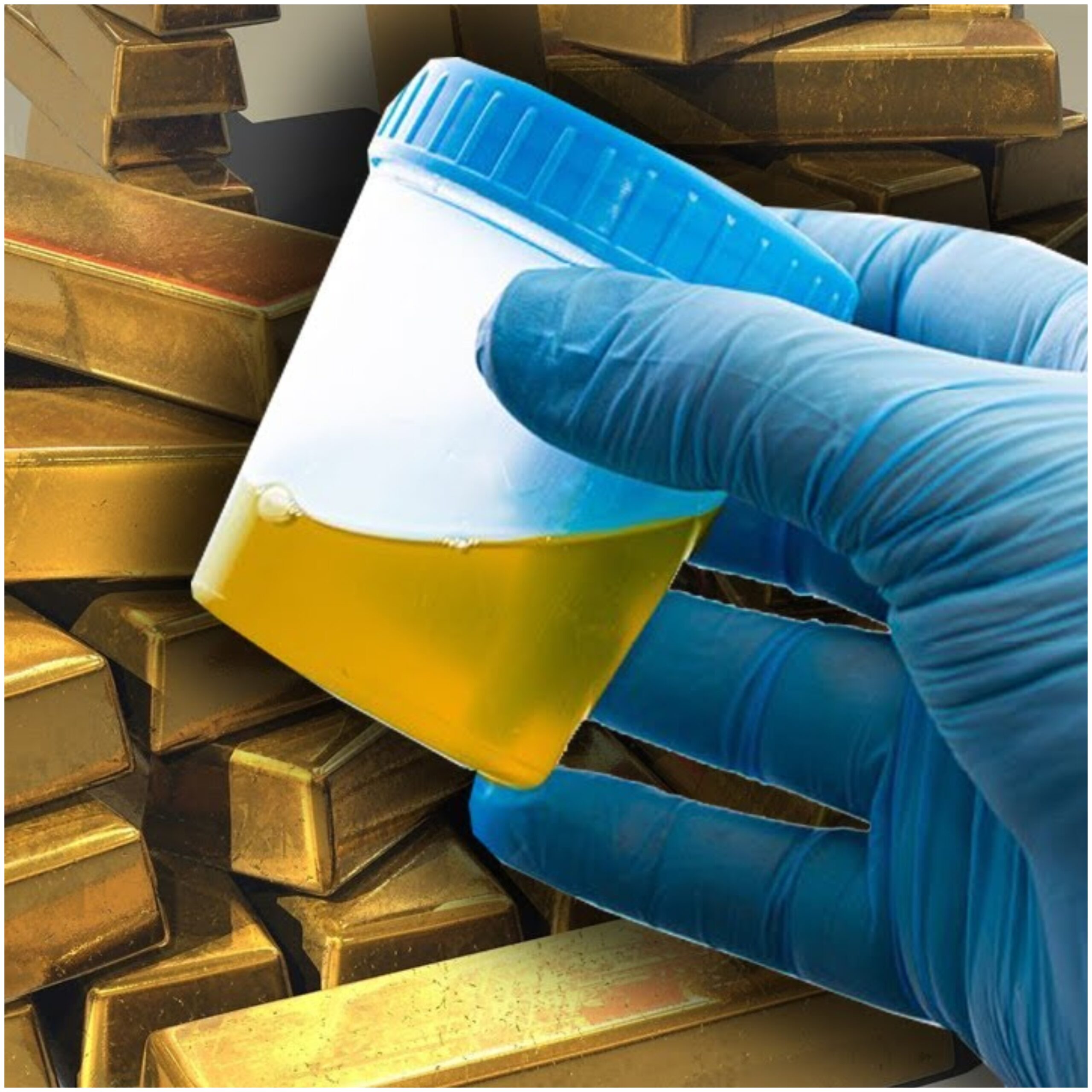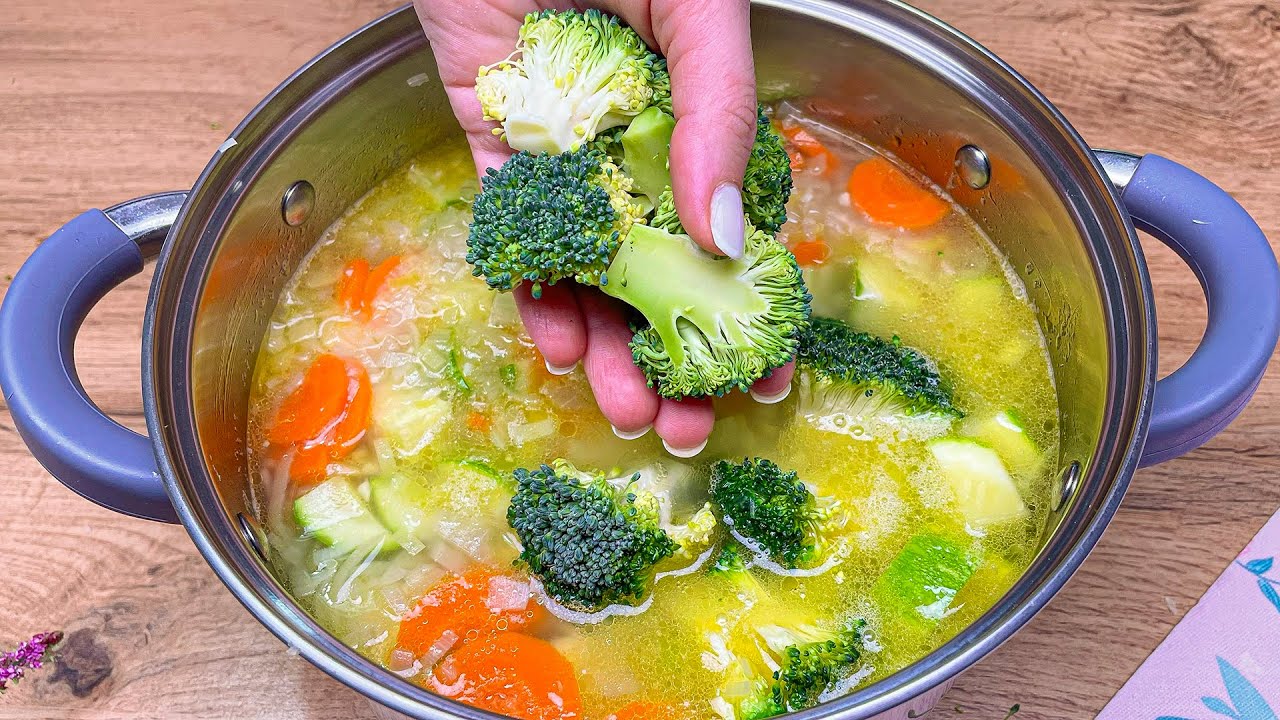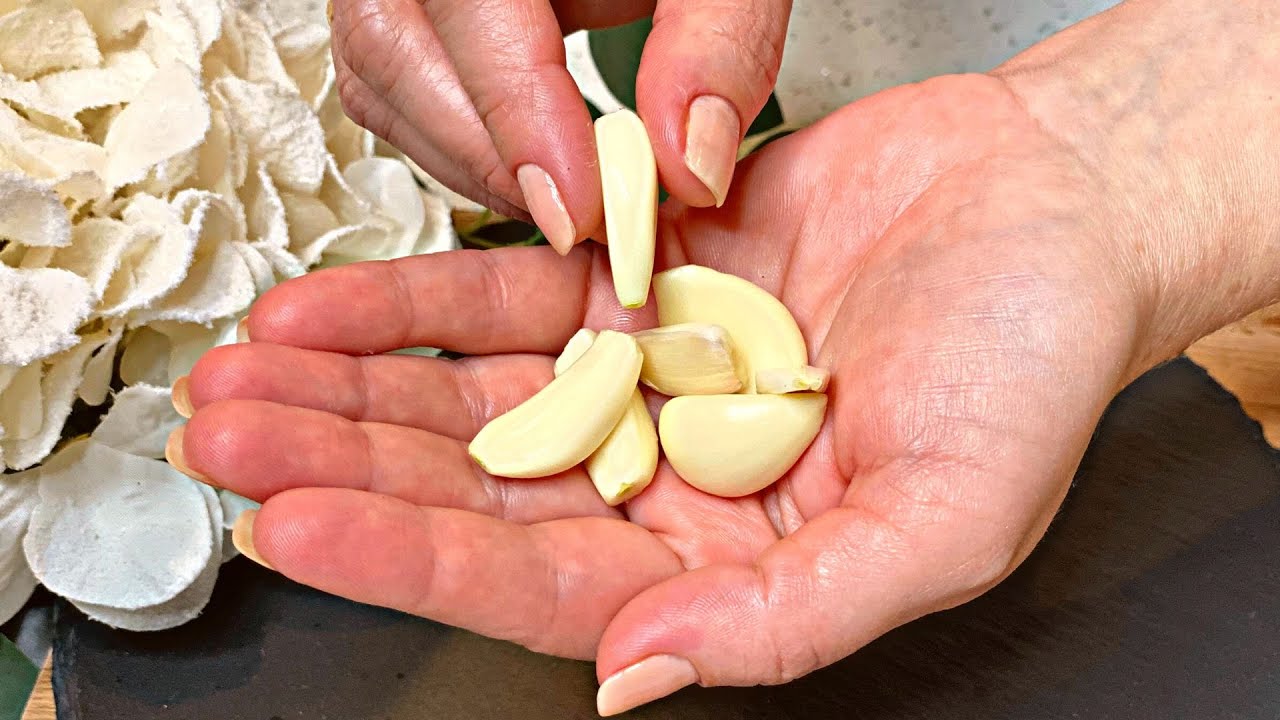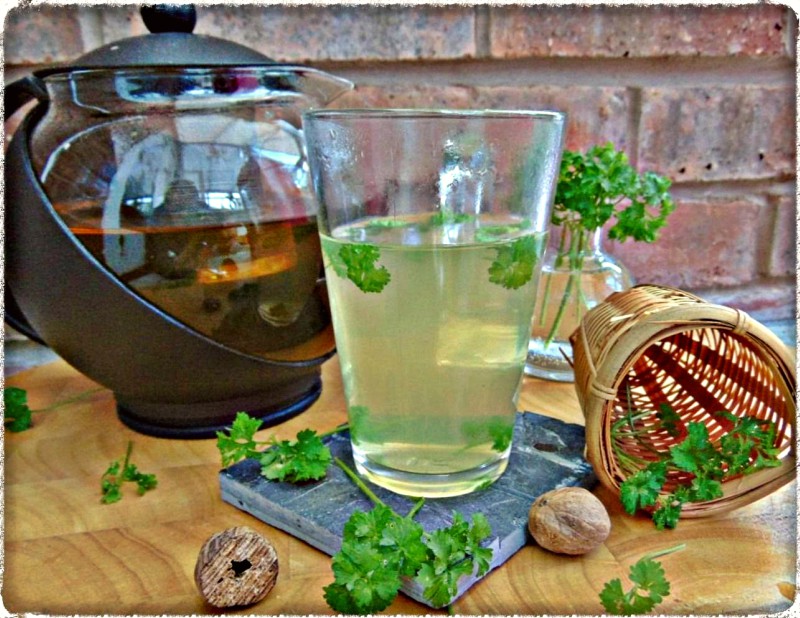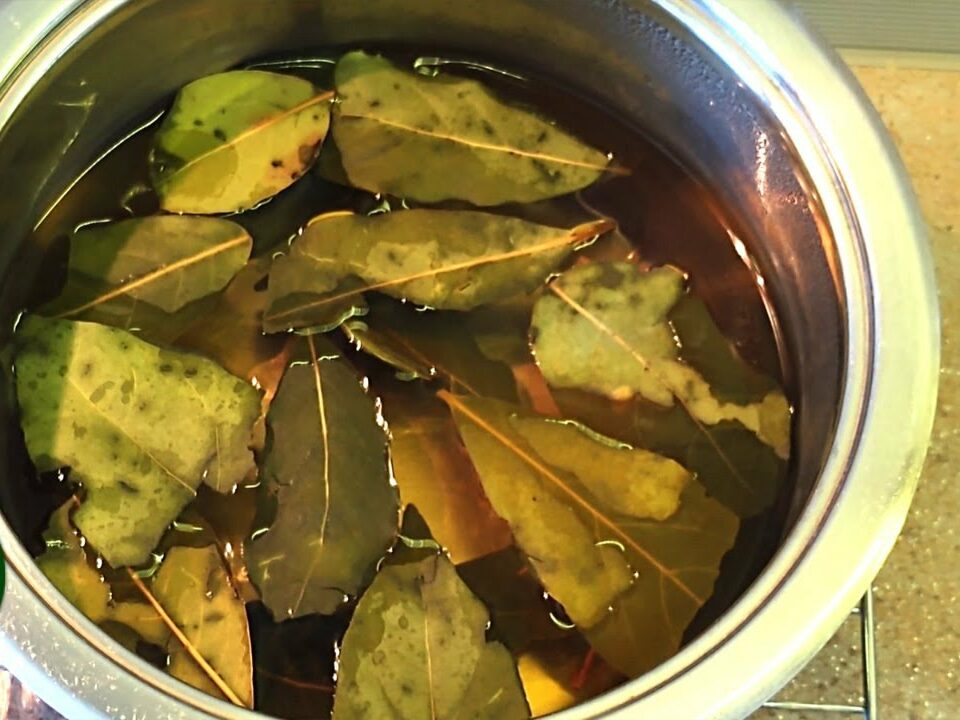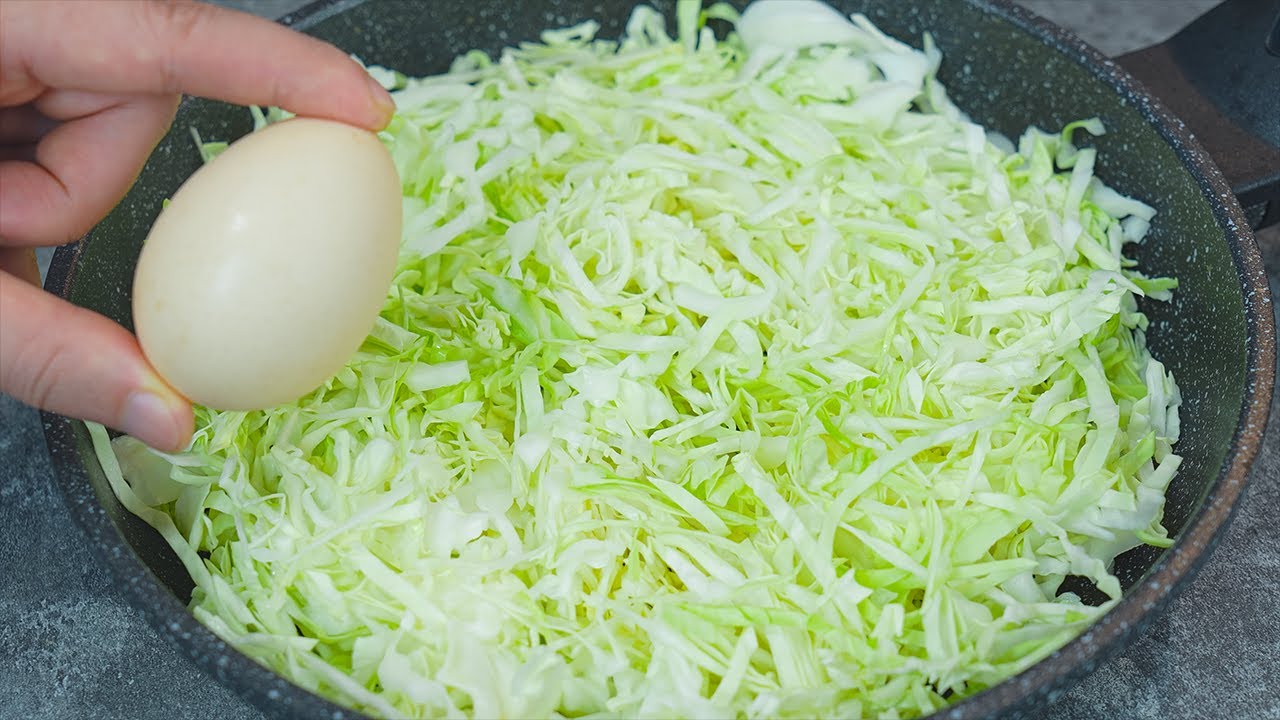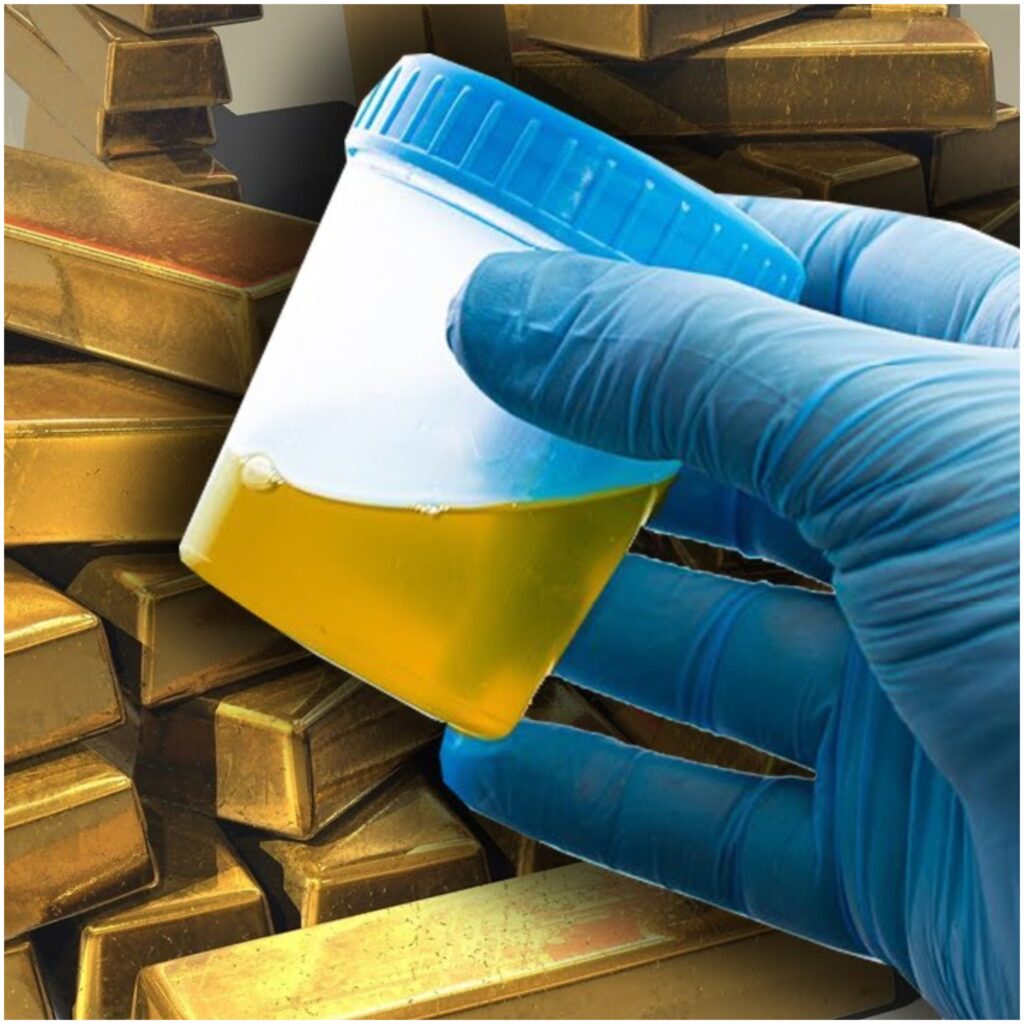
It might sound unusual, but human urine can indeed be considered “liquid gold” for plants. This natural fertilizer is rich in essential nutrients that plants need to thrive. Here’s why and how you can use it effectively in your garden.
Why Urine is Beneficial for Plants
1. Rich in Nutrients Human urine contains high levels of nitrogen, phosphorus, and potassium (NPK), the primary nutrients found in commercial fertilizers. Nitrogen promotes leafy growth, phosphorus supports root development, and potassium enhances overall plant health and resistance to disease.
2. Readily Available Unlike synthetic fertilizers, urine is a readily available and cost-effective resource. It’s produced daily and can be used fresh, making it an eco-friendly alternative to chemical fertilizers.
3. Sustainable and Eco-Friendly Using urine as a fertilizer reduces the need for synthetic fertilizers, which are energy-intensive to produce and can have negative environmental impacts. This practice also recycles waste into a valuable resource, promoting sustainability.
How to Use Urine as a Fertilizer
1. Dilution is Key Undiluted urine can be too strong for plants and may harm them. Dilute fresh urine with water in a ratio of at least 1:10 (one part urine to ten parts water) before applying it to your plants. For more delicate plants or seedlings, you may want to dilute it further.
2. Application Methods
-
Direct Watering: Use a watering can to apply the diluted urine directly to the soil around your plants. Avoid getting it on the leaves, as it may cause burns in direct sunlight.
-
Compost Boost: Add diluted urine to your compost pile to enhance the decomposition process and enrich the compost with additional nutrients.
3. Timing and Frequency
-
Growing Season: Apply urine fertilizer during the growing season when plants are actively taking up nutrients.
-
Frequency: Use it every two weeks to once a month, depending on the needs of your plants and the concentration of the dilution.
Precautions
1. Health and Safety Only use urine from healthy individuals who are not taking medication that could be harmful to plants or soil microbes. It’s best to use your own urine and avoid using it from others without knowing their health status.
2. Odor Management While diluted urine typically has minimal odor, you can reduce any potential smell by applying it during cooler parts of the day and watering the plants afterward.
Final Thoughts
Human urine can indeed be a “liquid gold” for your plants, providing a sustainable, nutrient-rich fertilizer that supports healthy growth. By using this natural resource, you can enhance your garden’s productivity while promoting eco-friendly gardening practices. Give it a try and see the remarkable benefits for yourself – your plants might just thank you for it!
